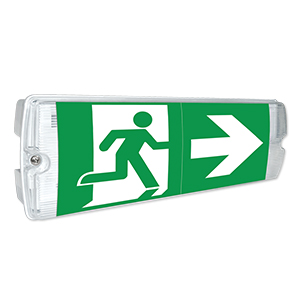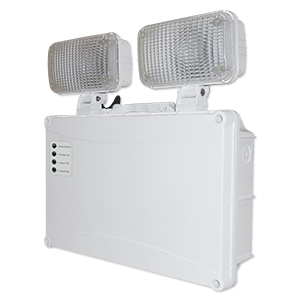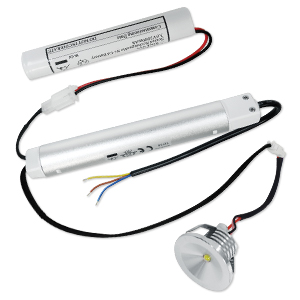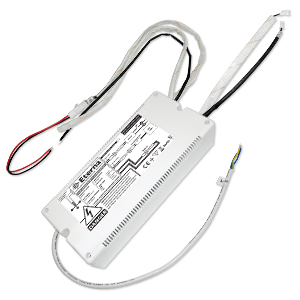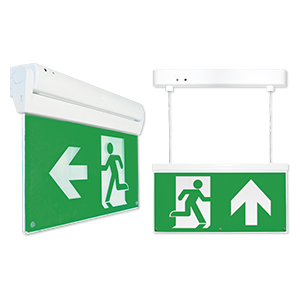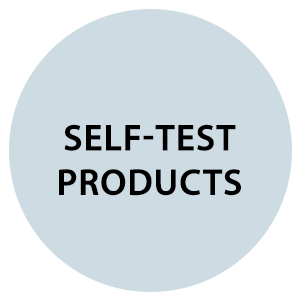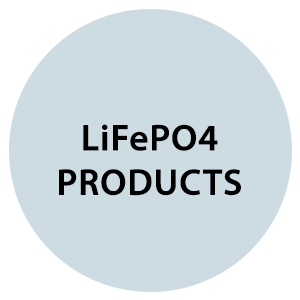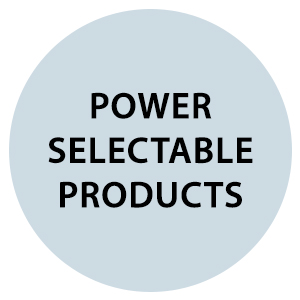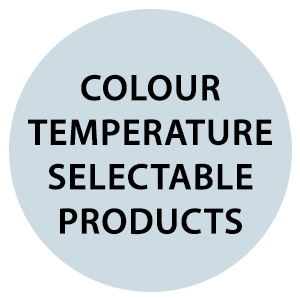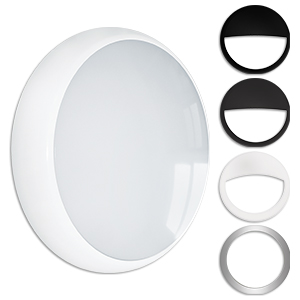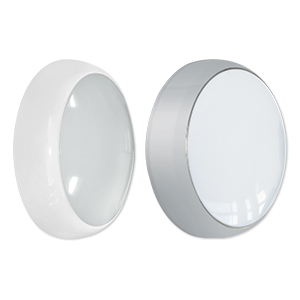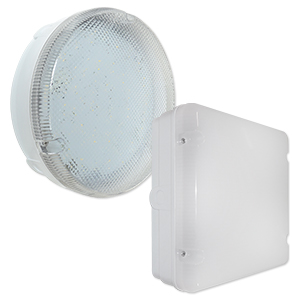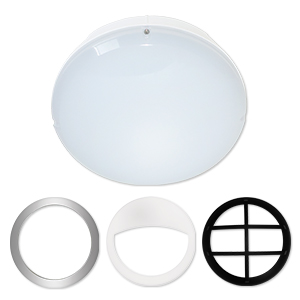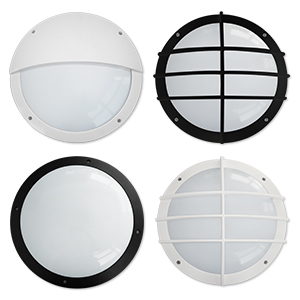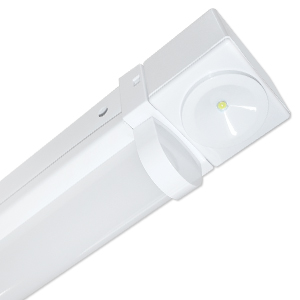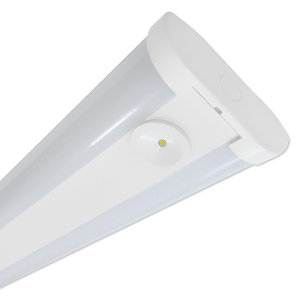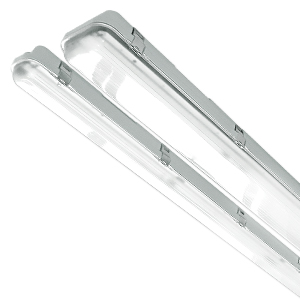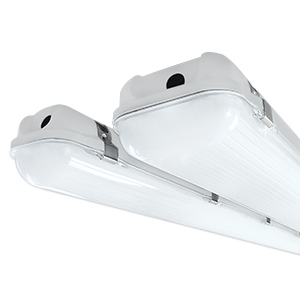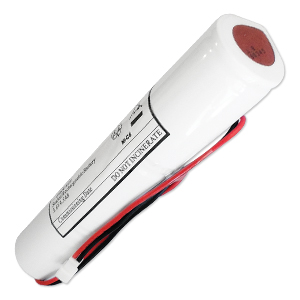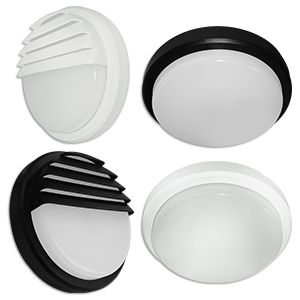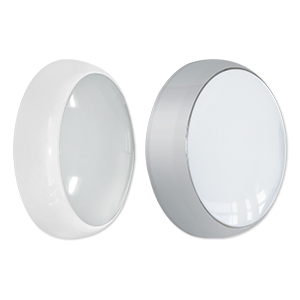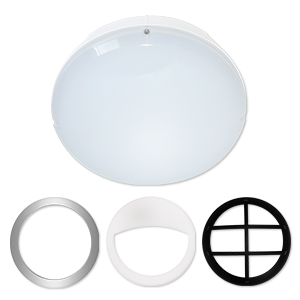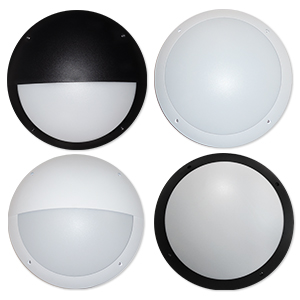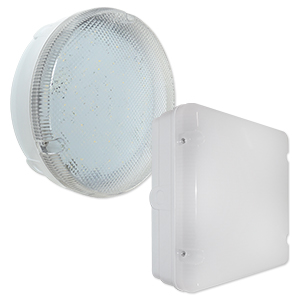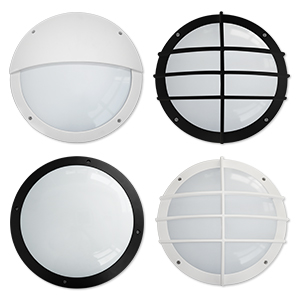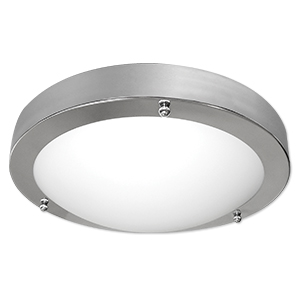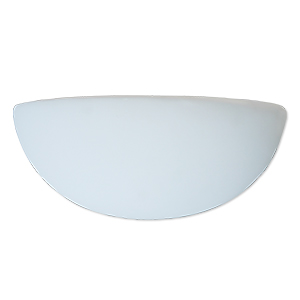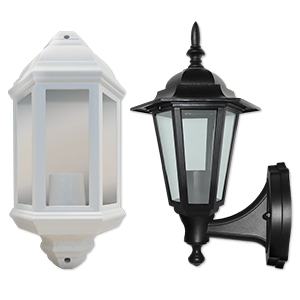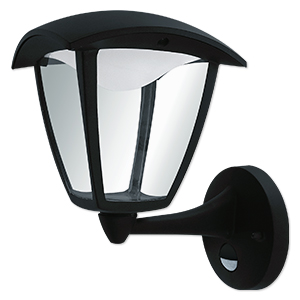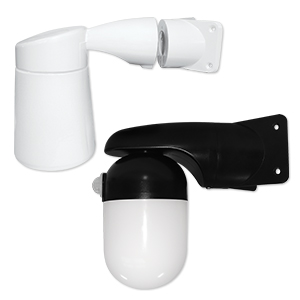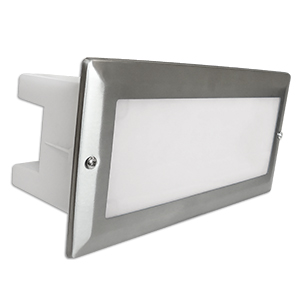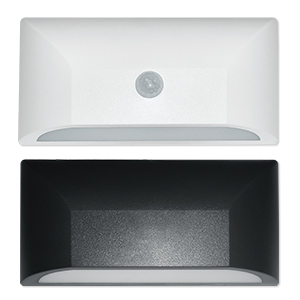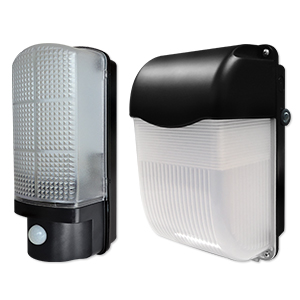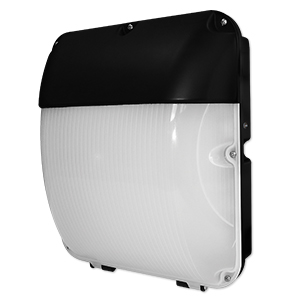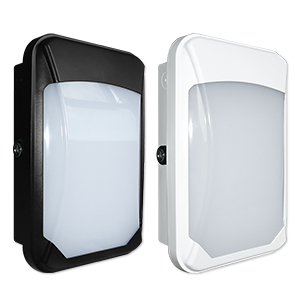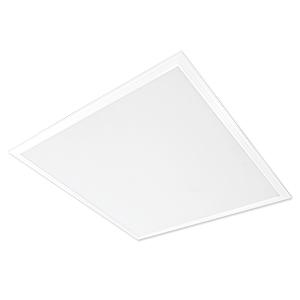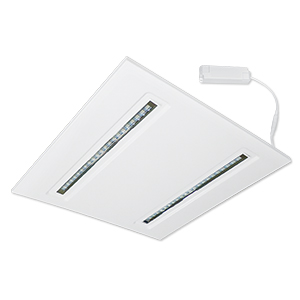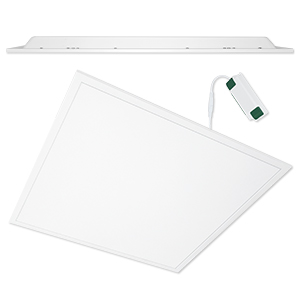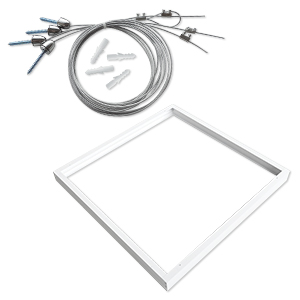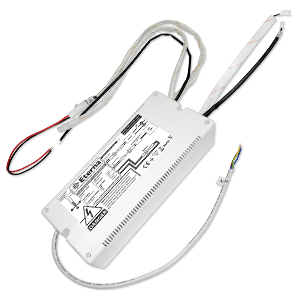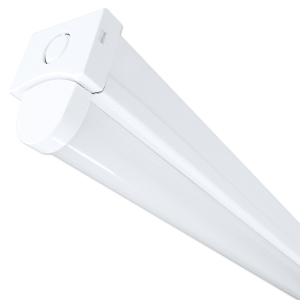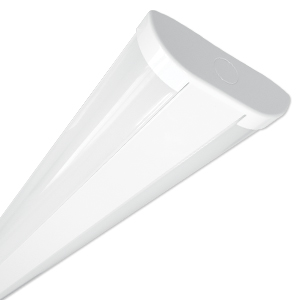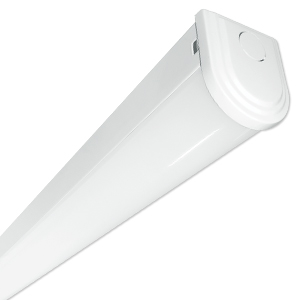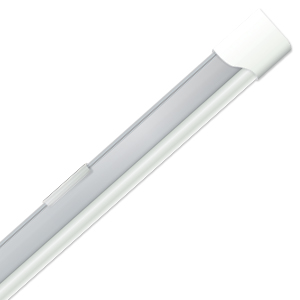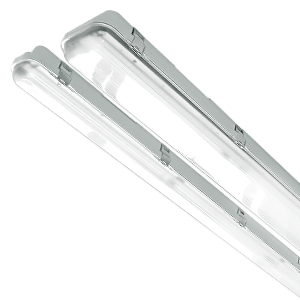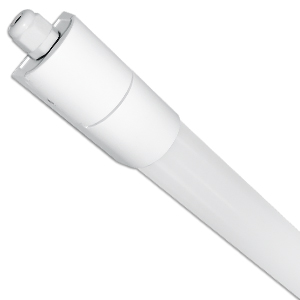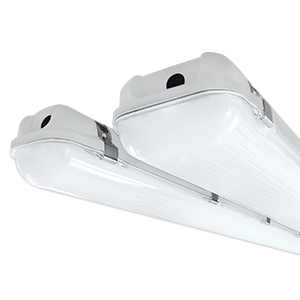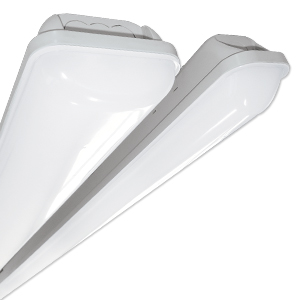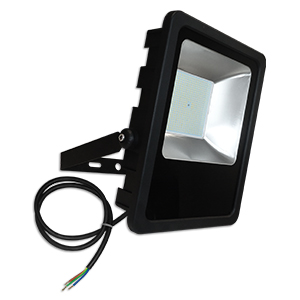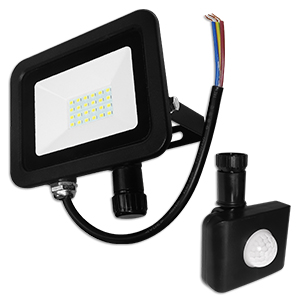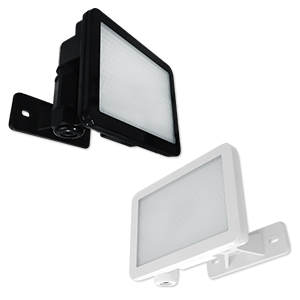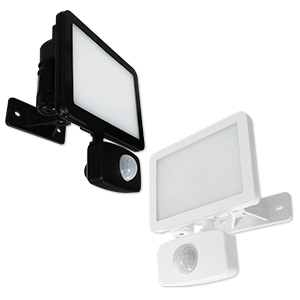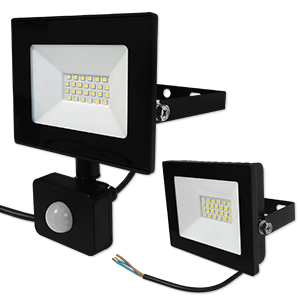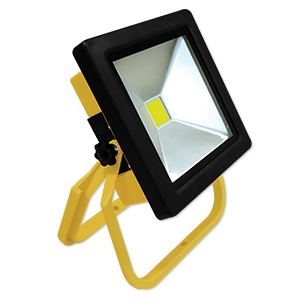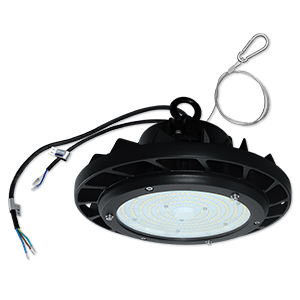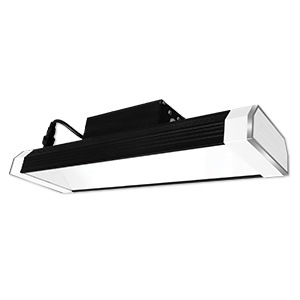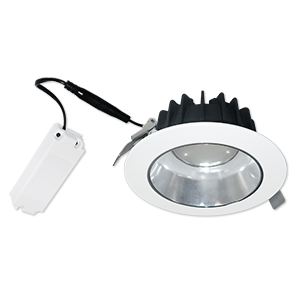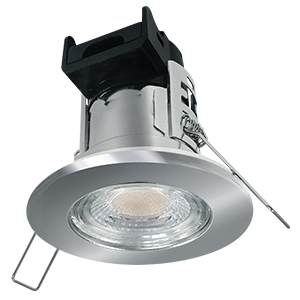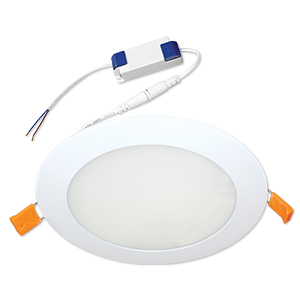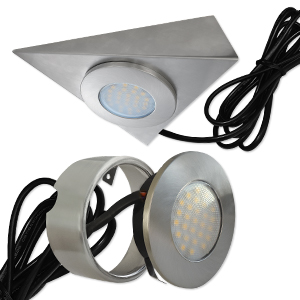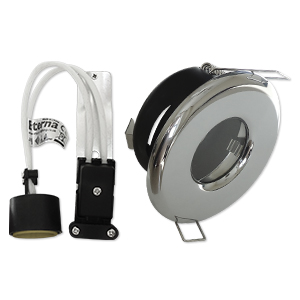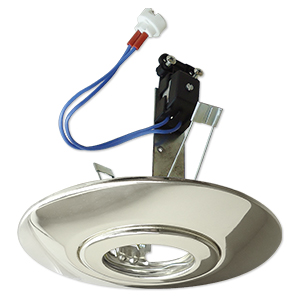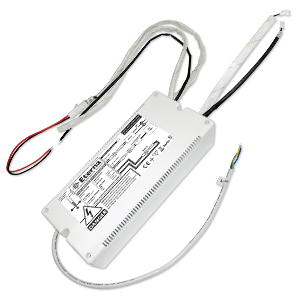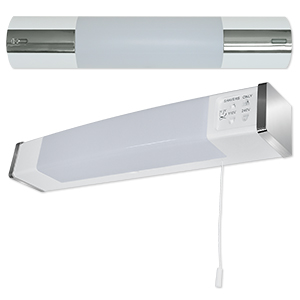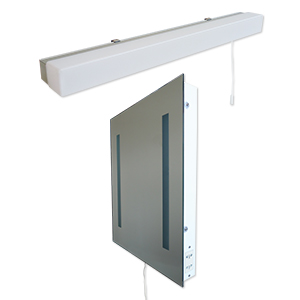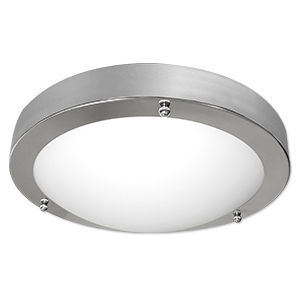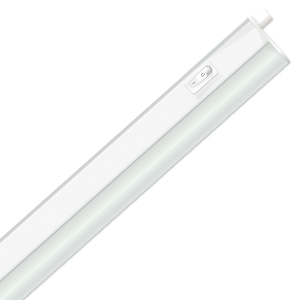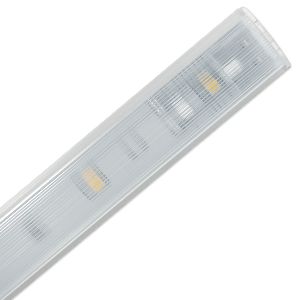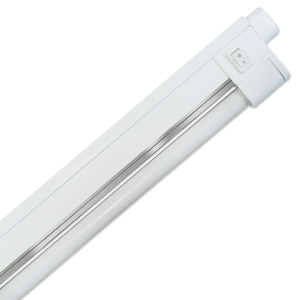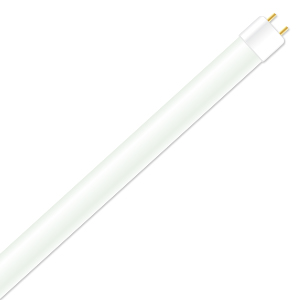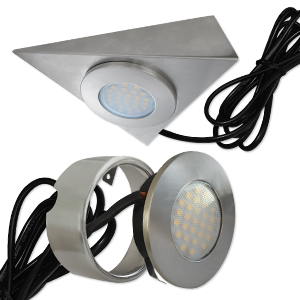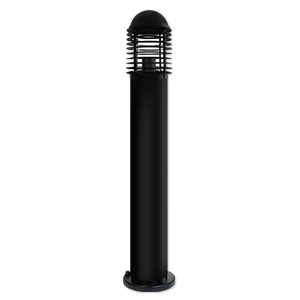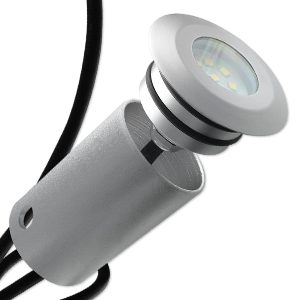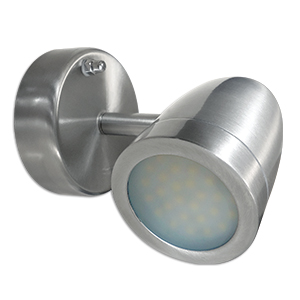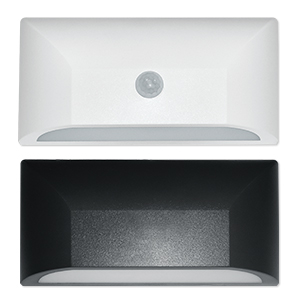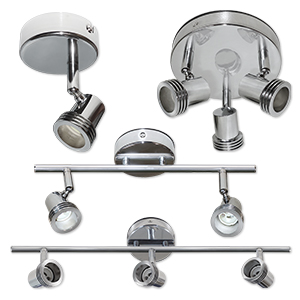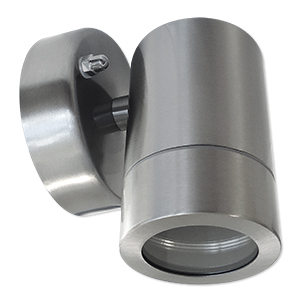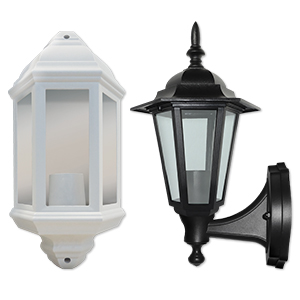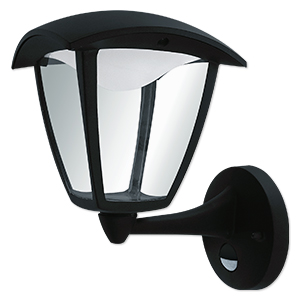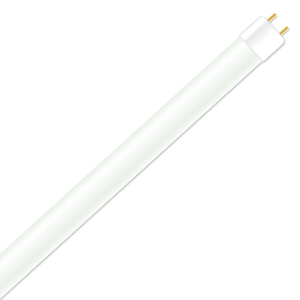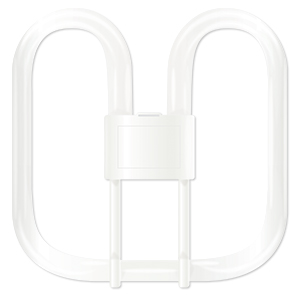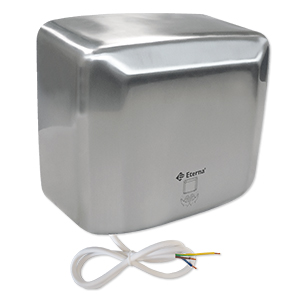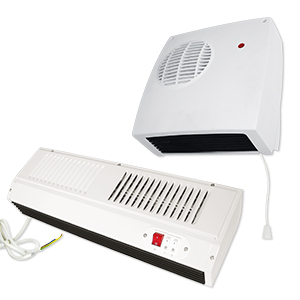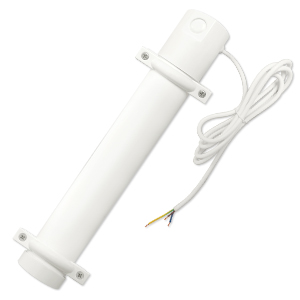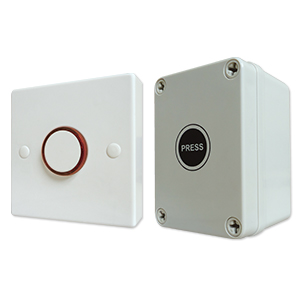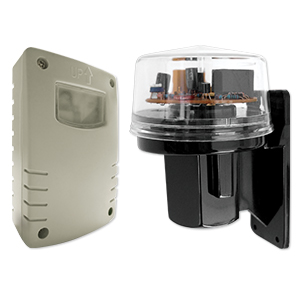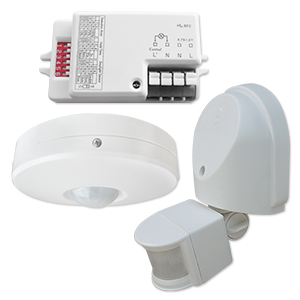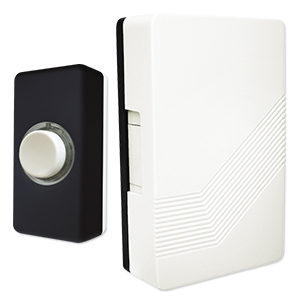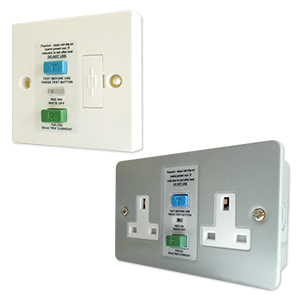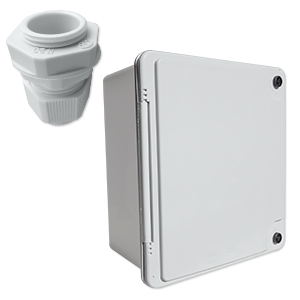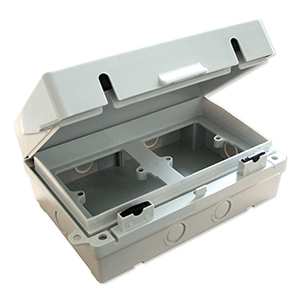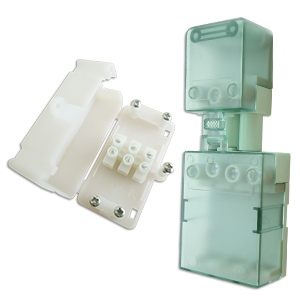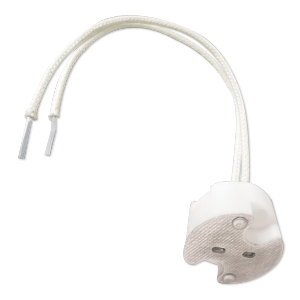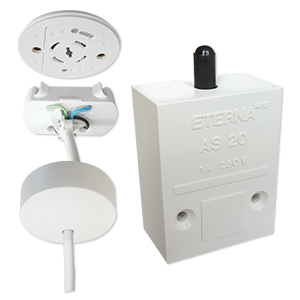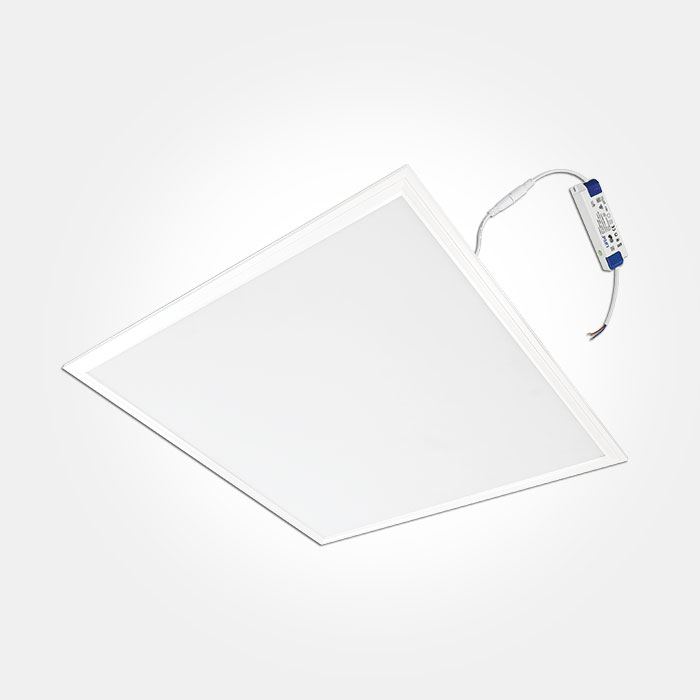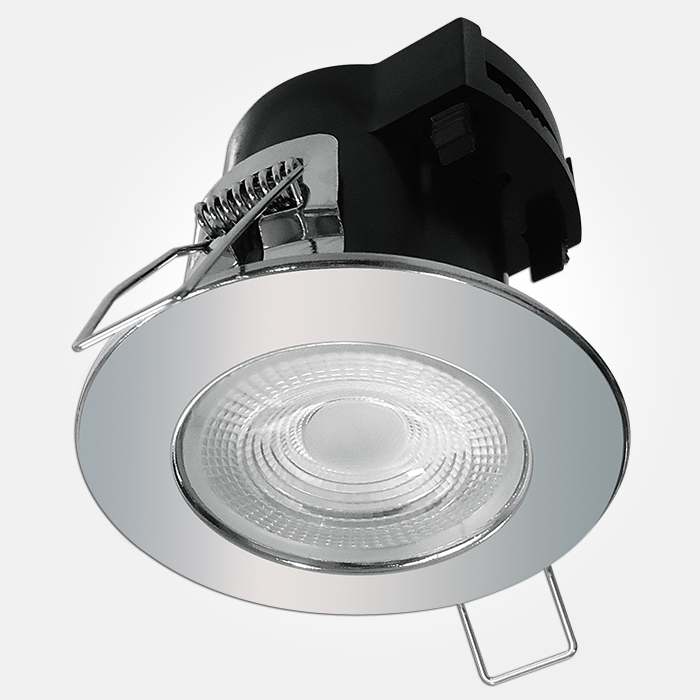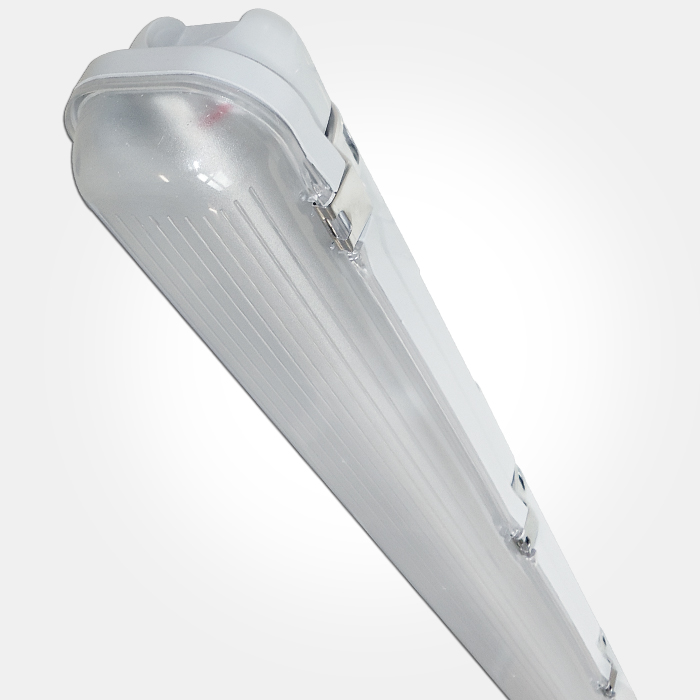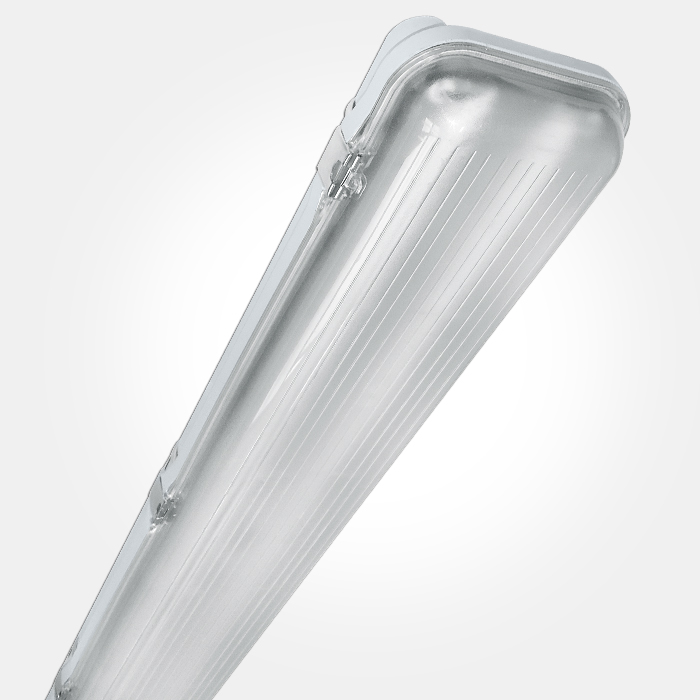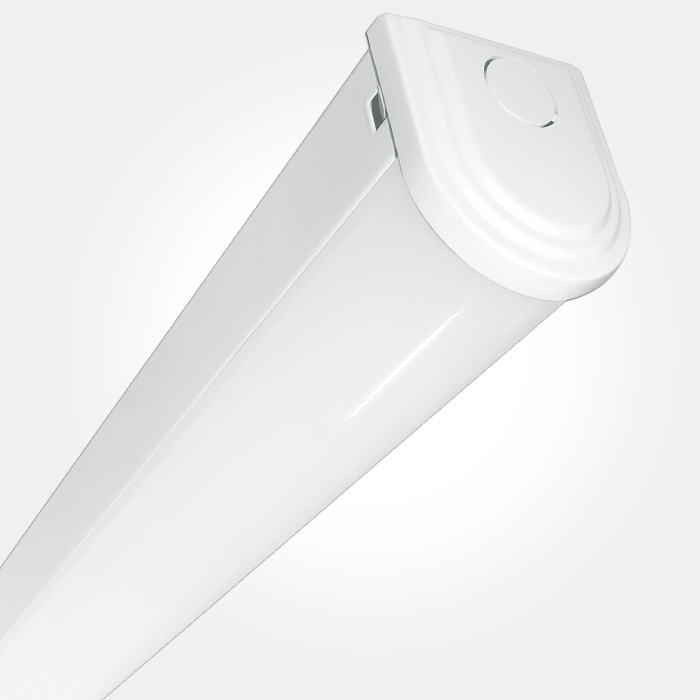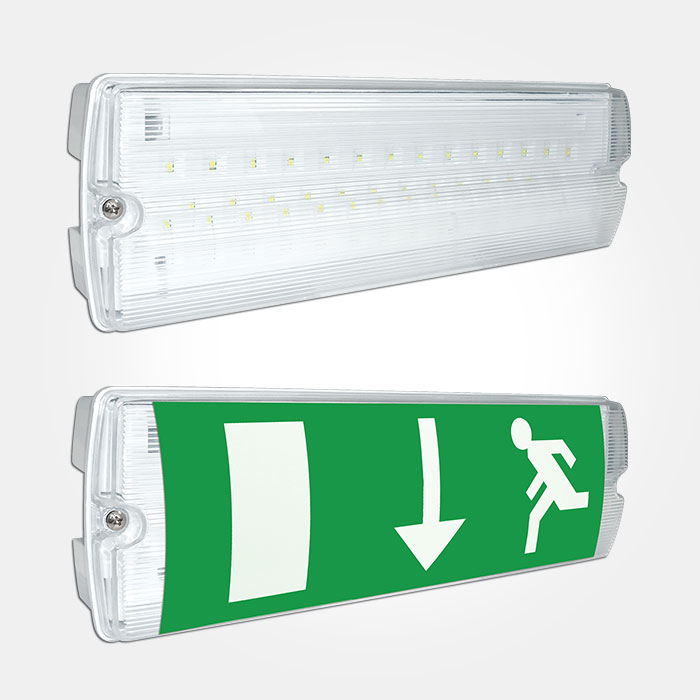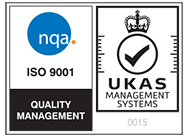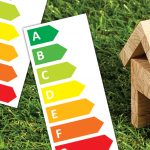Are you ready for the lamp ban happening this year?
The lighting industry is undergoing a significant transformation as governments around the world, including the UK and EU, are implementing bans on inefficient lighting technologies in an effort to reduce energy consumption and combat climate change. One of the major milestones in this transition is the ban on traditional lamps, which is being driven by new changes to the Restriction of Hazardous Substances (RoHS) Directive, and is also covered by the EcoDesign legislation.
The EcoDesign Directive is a framework under which manufacturers of energy-using products are obliged to reduce the energy consumption and other negative impacts occurring throughout the product life cycle. It is also linked to the Energy Labelling Directive.
In this blog post, we will explore the lamp ban and shed light on the next phases of the ban happening over the coming months.
What is the new legislation?
The Restriction of Hazardous Substances (RoHS) Directive is an initiative adopted by the European Union to limit the amount of hazardous chemicals in electrical and electronic equipment. Although the UK is now not a part of the EU, RoHS still heavily influences the regulation on products on the market, with lighting products included. There are currently ten substances which are restricted by RoHS, including mercury – a key ingredient in the technology of fluorescent lighting. Up until recently, fluorescent lighting was exempt from the RoHS Directive, but after further studies on the impact of a ban, it was decided to remove the exemption and begin the phase-out of fluorescent lamps. This has already begun in the EU, with the UK closely following suit. An overview of these dates can be seen in table 1, below:
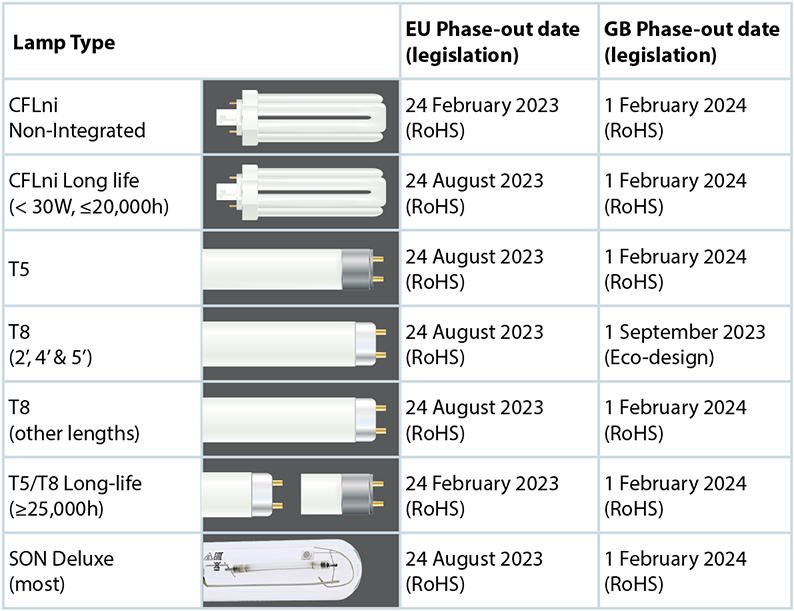
(This list only covers the most significant general lighting lamps, please check the DEFRA website for a comprehensive list)
The next date of implementing the lamp ban in the EU is the 24th August 2023, and in the UK on the 1st September 2023. This means it will become against the law for companies to bring in new lamps to the market as specified in the table, however, companies can continue to sell all these lamps if they were stocked prior to this date.
The lamp ban marks an important step towards more sustainable lighting practices. By phasing out inefficient lighting technologies, such as fluorescent lamps, halogen lamps, and certain types of HID lamps, significant energy savings can be achieved, leading to a reduction in carbon emissions. The transition to more energy-efficient lighting options, such as LED technology, will not only benefit the environment but also contribute to cost savings for consumers in the long run.
As we move towards a greener future, it is crucial for individuals, businesses, and governments to embrace these changes and actively seek out more efficient lighting solutions.
Are you ready to go LED?
Eterna has a fantastic portfolio of lighting products to suit your needs as you continue to phase-out and then transition away from traditional light sources, and can also provide further support with a FREE Lighting Design service to help you make the change.
If you would like to find out how we can support you with the lamp ban, get in touch with us today!
